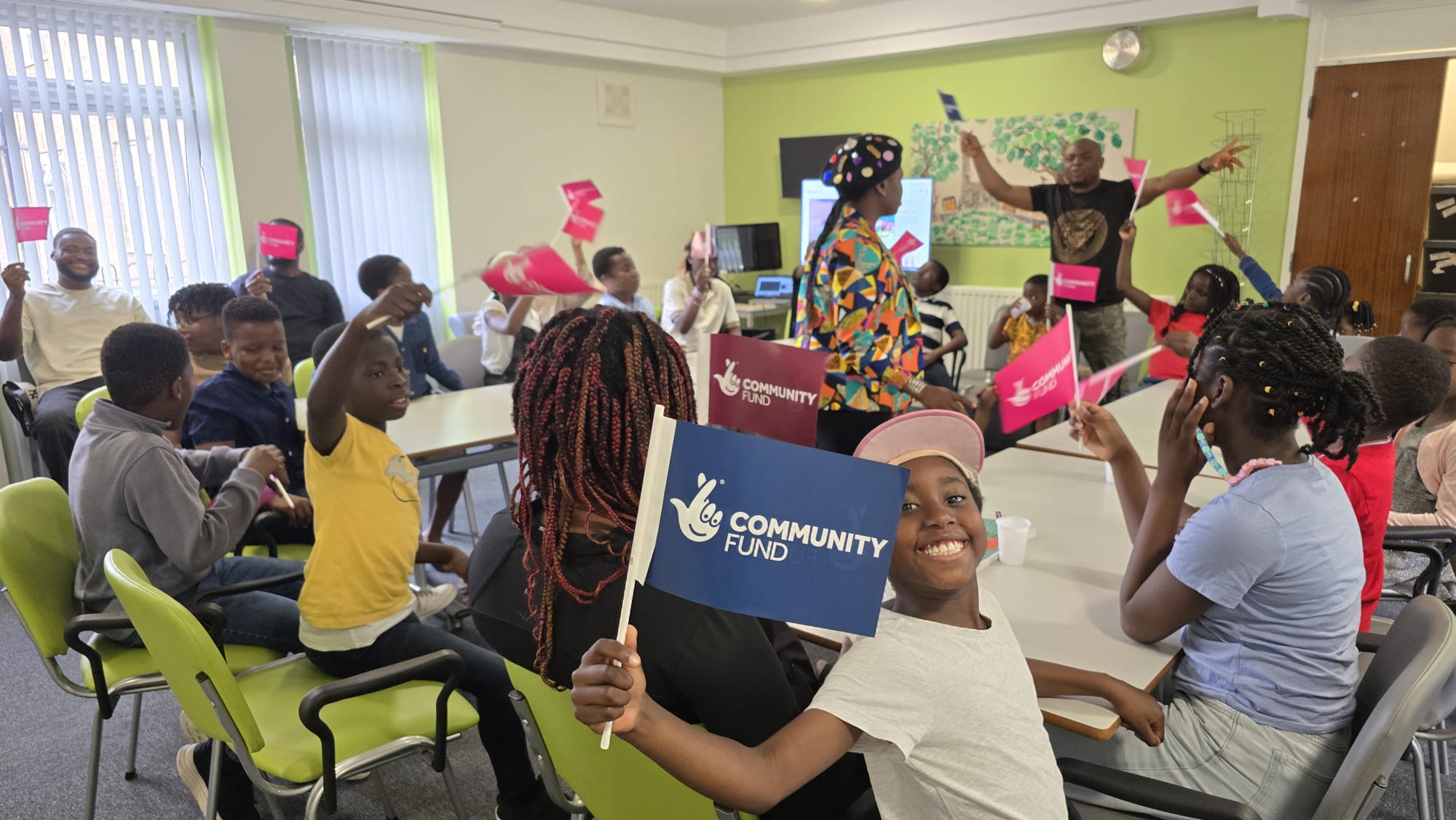Every child is born with unique potential, and nurturing their skills from an early age can set them up for success in life. Whether it’s creativity, problem-solving, communication, or technical abilities, parents and educators play a crucial role in helping children develop their skills. Here are some effective ways to encourage skill development in children.
1. Identify Their Strengths and Interests
Before diving into skill development, observe what naturally excites your child. Do they enjoy drawing, storytelling, or solving puzzles? Identifying their strengths and interests helps tailor activities that align with their passions.
How to Discover Their Strengths:
- Pay attention to the activities they spend the most time on.
- Encourage them to try different hobbies and extracurricular activities.
- Talk to their teachers to get insights into their classroom behavior and interests.
2. Encourage Learning Through Play
Play is one of the most effective ways for children to develop various skills. It enhances cognitive abilities, social skills, creativity, and problem-solving.
Ideas for Skill-Boosting Play:
- Building Blocks & LEGO – Enhances spatial awareness and engineering skills.
- Board Games & Puzzles – Improves critical thinking and strategy skills.
- Role-Playing & Storytelling – Boosts communication and creativity.
- Sports & Physical Activities – Develops teamwork, discipline, and coordination.
3. Foster a Growth Mindset
Teach your child that skills can be developed with effort and persistence. A growth mindset helps them overcome challenges without fear of failure.
Ways to Encourage a Growth Mindset:
- Praise effort rather than just results (e.g., “I love how you tried different ways to solve that problem!”).
- Allow them to make mistakes and learn from them.
- Set realistic goals and celebrate progress, not just achievements.
4. Introduce Hands-On Learning Activities
Children learn best when they actively engage with concepts rather than just memorizing them. Hands-on activities make learning fun and memorable.
Examples of Hands-On Learning:
- Science Experiments – Spark curiosity with simple experiments like making a volcano with baking soda and vinegar.
- Cooking Together – Improves math skills (measuring ingredients) and motor coordination.
- Gardening – Teaches responsibility, patience, and biology concepts.
- DIY Projects – Enhances creativity and problem-solving.
5. Encourage Reading and Storytelling
Reading helps children develop language skills, comprehension, and imagination. Storytelling, whether written or verbal, strengthens communication and creativity.
How to Make Reading Fun:
- Let them choose their own books.
- Read together as a bedtime ritual.
- Act out stories or encourage them to write their own.
- Use audiobooks and interactive storytelling apps.
6. Teach Social and Emotional Skills
Children need to learn how to communicate, express emotions, and handle social interactions. These skills help them succeed in relationships and teamwork.
Ways to Build Social Skills:
- Encourage group activities like team sports or community projects.
- Teach empathy by discussing different perspectives in situations.
- Help them resolve conflicts by guiding them through problem-solving steps.
- Model good communication skills at home.
7. Leverage Technology for Learning
Educational technology can enhance children’s skills if used in a balanced way. Use apps and platforms that promote learning rather than just passive entertainment.
Recommended Learning Apps & Platforms:
- Khan Academy Kids – For early education in math, science, and reading.
- Scratch – Introduces kids to coding through creative projects.
- Duolingo – Helps children learn new languages.
- YouTube Kids (Educational Channels) – Offers visual learning on various topics.
8. Support Extracurricular Activities
Encourage your child to participate in activities outside school to broaden their skill set.
Great Extracurricular Activities:
- Music & Dance – Builds discipline, memory, and coordination.
- Art & Crafts – Enhances creativity and fine motor skills.
- Coding & Robotics Clubs – Develops problem-solving and logical thinking.
- Drama & Debate Clubs – Improves public speaking and confidence.
9. Be a Role Model
Children learn by example, so show them the importance of lifelong learning and skill development. Share your own learning experiences, set personal goals, and demonstrate perseverance.
10. Provide Constructive Feedback and Encouragement
Encouragement is key in helping children develop skills. Offer constructive feedback that guides them rather than discourages them.
How to Give Supportive Feedback:
- Use positive reinforcement: “I love how you tried a new approach!”
- Offer suggestions instead of criticism: “That’s a great start! Maybe you can try adding more details.”
- Remind them that mistakes are part of learning.
Final Thoughts
Helping a child develop their skills requires patience, encouragement, and exposure to diverse experiences. By nurturing their curiosity, creativity, and confidence, you empower them to build a strong foundation for future success.
Every child learns at their own pace, so celebrate their progress and enjoy the journey together!
What are some ways you’ve helped your child develop their skills? Share your experiences in the comments! 🚀👦👧✨





